Based largley on examples from the life of Cesare Borgia (son of Pope Alexander VI and sister of Lucrezia Borgia), this book was intended as practical advice for how to unify Italy with force. Machiavelli begins with the assumption that the end justifies the means -- so any action is permitted that leads to a unified Italy. His work has served for centuries as a handbook for would-be dictators and conquerors. According to Wikipedia: "Niccolò di Bernardo dei Machiavelli (1469 – 1527) was an Italian diplomat, political philosopher, musician, poet and playwright. Machiavelli was a figure of the Italian Renaissance, and a servant of the Florentine republic. In June of 1498, following the ouster and execution of Savonarola, the Great Council elected Machiavelli as the Secretary to the second Chancery of the Republic of Florence. He is most famous — or notorious — for one of his shorter works, The Prince, sometimes described as a work of realist political theory. However, both that text and the more substantial republican Discourses on Livy — as well as History of Florence (commissioned by the Medici family) — were printed only after his death, all appearing in the early 1530s. In his own lifetime, while he circulated The Prince among friends, the only work Machiavelli promoted through printing was his dialogue on The Art of War. But generations from the sixteenth century onwards were most attracted and repelled by the cynical approach to power on display in The Prince, Discourses and History. Whatever Machiavelli's own intentions (and they remain a matter of heated debate), his name became synonymous with ruthless politics, deceit and the pursuit of power by any means."
The Prince
Forfatter:
Språk:
engelsk
Format:
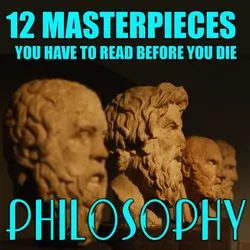
12 Masterpieces You Have to Read Before You Die. Philosophy
Niccolo Machiavelli, Tommaso Campanella, Francis Bacon, Thomas More, John Stuart Mill, Immanuel Kant, Kahlil Gibran, Leo Tolstoy, G.K. Chesterton, Henry David Thoreau
audiobook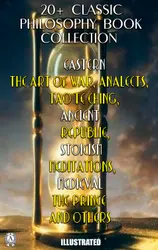
20+ Classic Philosophy Book Collection : Eastern (The Art of War, Analects, Tao Te ching), Ancient (Republic), Stoicism (Meditations), Medieval (The Prince) and others
Sun Tzu, Confucius, Lao Tzu, Plato, Aristotle, Marcus Aurelius, Niccolo Machiavelli
book
Political Science. Classics Collection:
Marcus Aurelius, Karl Marx, Friedrich Engels, Thomas Paine, Niccolo Machiavelli, Lao Tzu, Sun Tzu, Plato, John Stuart Mill, Vladimir Lenin, Thomas More
audiobook
The Prosperity & Wealth Bible
George Matthew Adams, James Allen, William Walker Atkinson, Marcus Aurelius, P.T. Barnum, Genevieve Behrend, George S. Clason, Robert Collier, Russell H. Conwell, Emile Coue, Charles Fillmore, Emmet Fox, Benjamin Franklin, Kahlil Gibran, Neville Goddard, Charles F. Haanel, Harvey Hardman, Napoleon Hill, Elbert Hubbard, William Crosbie Hunter, H.A. Lewis, Niccolo Machiavelli, Orison Swett Marden, Joseph Murphy, Miyamoto Musashi, Earl Nightingale, F.W. Sears, Florence Scovel Shinn, Elizabeth Towne, Lao Tzu, Sun Tzu, Wallace D. Wattles, knowledge house
book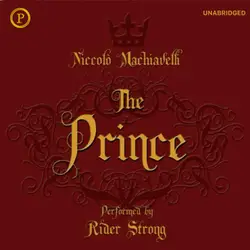
The Prince
Niccolo Machiavelli
audiobookbook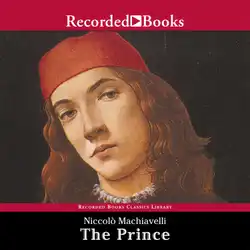
The Prince
Niccolo Machiavelli
audiobookbook
Learn German with Bilingual Books
Charles Dickens, Leo Tolstoy, Friedrich Wilhelm Nietzsche, Voltaire, Joseph Karl von Eichendorff, William Shakespeare, Charlotte Bronte, Gustave Flaubert, Wilhelm Busch, Oscar Wilde, Edgar Allan Poe, Victor Hugo, Niccolo Machiavelli, Hans Theodor Storm, Heinrich Hoffmann
book
The Prince
Niccolo Machiavelli
audiobookbook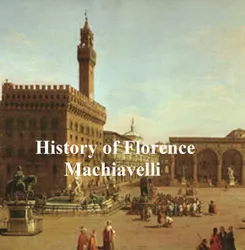
History of Florence
Niccolo Machiavelli
book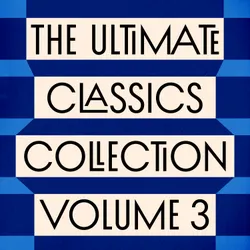
The Ultimate Classics Collection – Volume Three: 10 Novels and Stories from Daniel Defoe, Henry David Thoreau, John Milton, Homer, Machiavelli, & More
Daniel Defoe, Homer, Jonathan Swift, The Brothers Grimm, Niccolo Machiavelli, Henry David Thoreau, John Milton, Aesop
audiobook
The Definitive Strategy Collection: 6 Works From Sun Tzu, Homer, Machiavelli, and Miyamoto Musashi : The Art of War; The Prince; The Book of Five Rings; On War; The Iliad; & The Odyssey
Sun Tzu, Niccolo Machiavelli, Miyamoto Musashi, Carl von Clausewitz, Homer
audiobook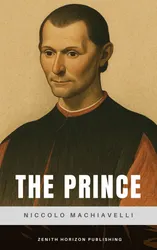
The Prince : Niccolò Machiavelli's Classic Political Strategy Guide
Niccolo Machiavelli, Zenith Horizon Publishing
book
